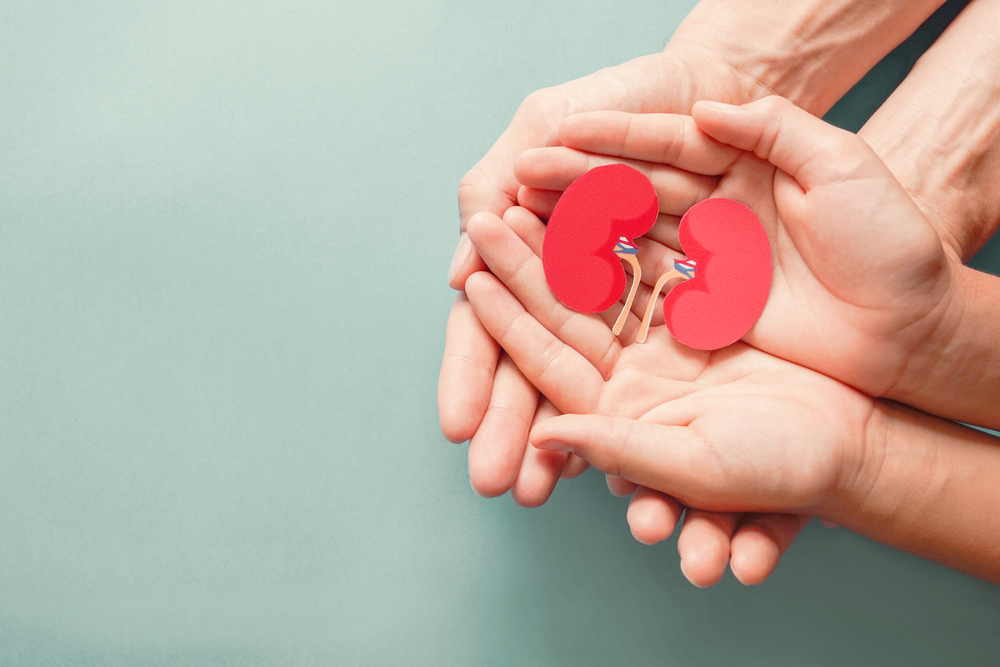A kidney transplant can be a life-changing procedure for those suffering from end-stage kidney disease or chronic kidney failure. It offers the chance for a longer, healthier life without the need for dialysis. The journey to a successful kidney transplant involves several important steps, from determining eligibility to post-surgery recovery.
Understanding the Need for a Kidney Transplant
Kidneys filter waste and excess fluid from the blood. When they lose about 85-90% of their function, dialysis or a kidney transplant becomes necessary. Common causes of kidney failure include:
- Diabetes
- High blood pressure
- Polycystic kidney disease
- Chronic glomerulonephritis
A transplant is often preferred over dialysis due to better long-term health outcomes and improved quality of life.
Who is Eligible for a Kidney Transplant?
Not everyone is a candidate for a transplant. You’ll undergo a comprehensive evaluation that includes:
Medical Assessment:
- Blood and tissue tests to check for compatibility
- Heart and lung function tests
- Screening for infections and cancer
Psychological Evaluation:
- Assessing emotional readiness
- Ensuring support systems are in place
Lifestyle Factors:
- Ability to follow post-transplant care instructions
- Commitment to lifelong medication and regular follow-ups
Finding a Kidney Donor
There are two primary sources of kidneys for transplantation:
Living Donor:
- A friend, family member, or even a stranger can donate one kidney
- Offers better outcomes and shorter wait times
Deceased Donor:
- A kidney is donated after someone has passed away
- The patient is placed on a waiting list, which can take months or years
Matching is based on blood type, tissue compatibility, and other factors.
The Transplant Procedure: Step by Step
Here’s what the process typically looks like:
- Preparation: Pre-operative testing and fasting before surgery.
- Surgery: The new kidney is placed in the lower abdomen. In most cases, the non-functioning kidneys are left in place.
- Immediate Care: The patient is closely monitored in the ICU or transplant unit for signs of infection or rejection.
- Discharge: Usually within a week if no complications arise.
Recovery and Aftercare
Recovery is a gradual process. Here’s what to expect:
Short-Term:
- Hospital stay of 5–10 days
- Soreness, fatigue, and adjustment to new medications
- Frequent follow-ups and lab tests
Long-Term:
- Lifelong use of immunosuppressive medications to prevent rejection
- Lifestyle changes: healthy diet, exercise, and avoiding infections
- Regular checkups to monitor kidney function
Although every case is different, most people can return to work and do normal activities within a few months.
Risks and Complications
While many kidney transplants are successful, risks include:
- Organ rejection
- Infections due to immunosuppressive drugs
- Blood clots or bleeding
- Side effects from medications
Ongoing communication with your healthcare team is essential for early detection and management of complications.
Final Thoughts
A kidney transplant is a complex yet hopeful journey for those with kidney failure. Understanding the steps, eligibility requirements, and what recovery looks like can help you prepare mentally, physically, and emotionally. With proper care and a strong support system, a successful transplant can offer a new lease on life.
Stay informed and take control of your kidney health!

